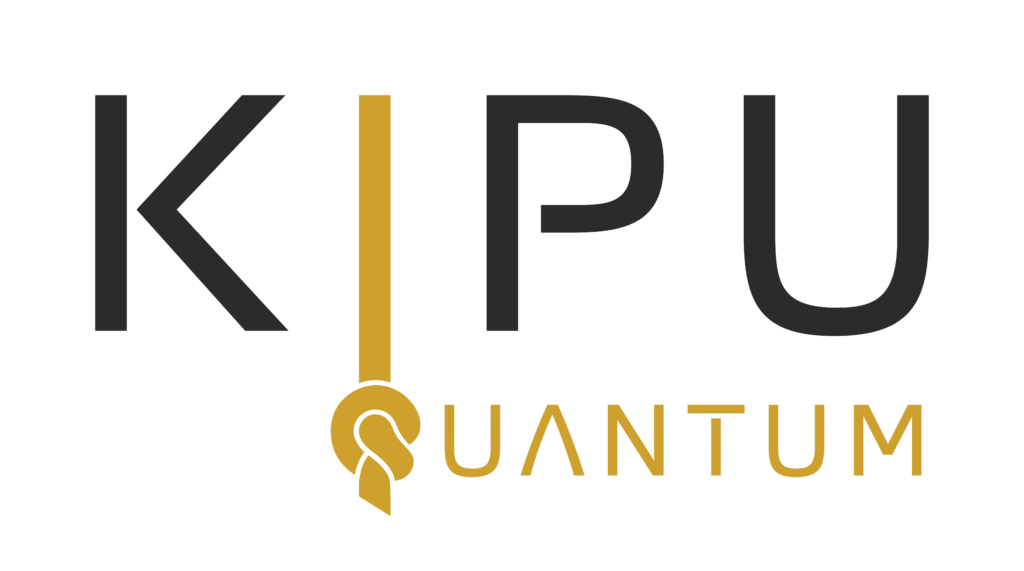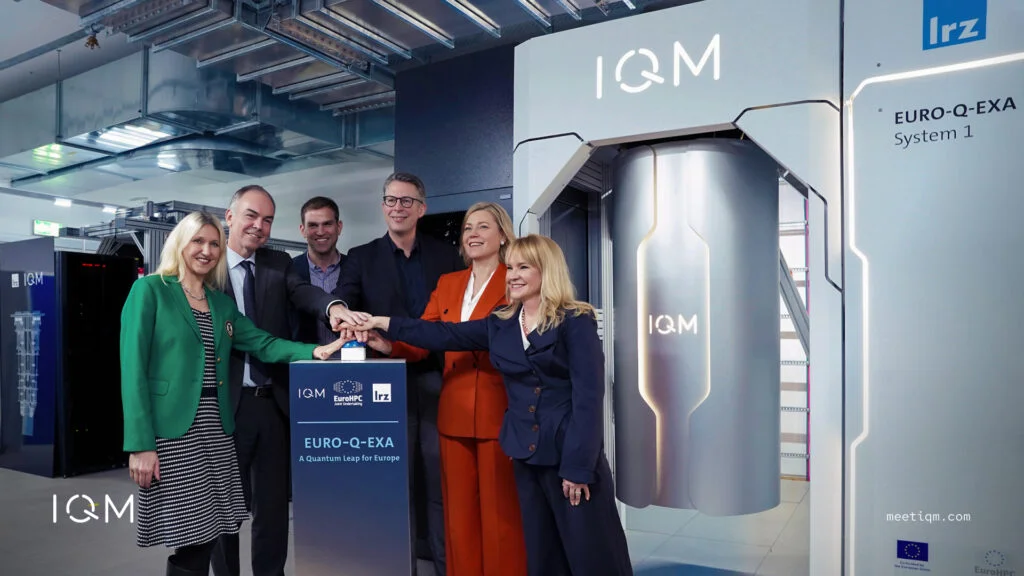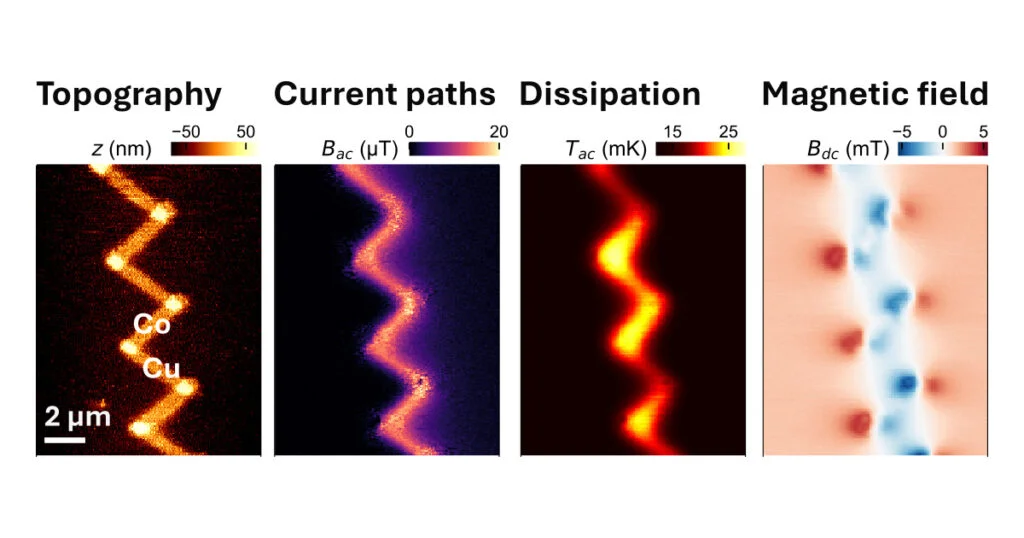
Oxford’s QC Offspring
It may be of no surprise for TQD readers to find out that the county of Oxfordshire in the U.K, and more specifically the city of Oxford itself, is home to many of the startups involved in the quantum computing (QC) industry: Oxford Ionics, Oxford Quantum Circuits, PQShield, and Quantum Motion Technology make up the cadre, though that is without counting the long-established Oxford Instruments (founded in 1959) into the fold. Because Oxford, like London and Cambridge, is a proud centre of QC in the U.K.
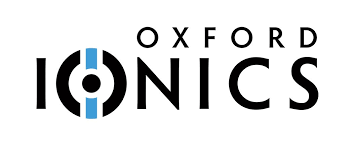
As the home to the University of Oxford — one of the planet’s elite research universities — there’s little wonder as to why.
And the University of Oxford has had a big hand in QC in the country so far.


How? Look at these facts:
Oxford Ionics and Oxford Quantum Circuits are both spinoffs from the Department of Physics at the university.
Quantum Motion Technology, meanwhile, was started from the research its founders had undertaken in the Department of Materials and the Department of Engineering Science, respectively.

PQShield, on the other hand, is a spinoff from the Mathematical Institute.
In Oxford Instruments’ case, it has the honour of being one of the first major commercial spinoffs from the university back in the late 1950s when the words ‘spinout’ and ‘spinoff’ didn’t exist in their present meaning.

All this is only set to grow in the future through U.K. government initiatives like the National Quantum Technologies Programme, more investment from business venture capitalists who see the potential in quantum tech and entrepreneurs ready to stake their claim.
Industrial Strategy
This philosophy was clearly presented with the U.K government’s Science Minister Chris Skidmore’s comments in the summer of 2020: “This milestone shows that Quantum is no longer an experimental science for the UK. Investment by government and businesses is paying off, as we become one of the world’s leading nations for quantum science and technologies. Now the industry is turning what was once a futuristic pipedream into life-changing products. This is our modern Industrial Strategy in action — taking the most innovative ideas from our world-leading researchers and showing how they can be applied, from diagnosing diseases to detecting gas leaks.”

One startup has already begun the process: Quantum Dice. Founded in 2019, like Oxford Ionics and Oxford Quantum Circuits, it is a spinoff from The University of Oxford’s Department of Physics. Currently, the Quantum Dice team is developing the “world’s first compact completely embedded self-certified quantum random number generator (QRNG)”.
Securing a connected future
— Quantum Dice
Quantum Dice
Quantum Dice believes that as the world becomes more digitalized, the need to secure our data — be it governmental, commercial or for the individual — is of the utmost importance. Its patent-protected DISC™ QRNG protocol is an important step in achieving the goal of secure random numbers generation.
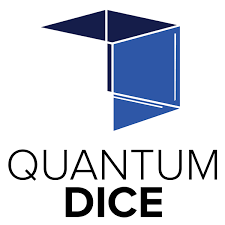
The startup’s founding team of Marko Mayr, Wenmiao Yu, George D., and Zhanet Zaharieva bring a wealth of scientific knowledge to the venture. As the winning team at the University of Oxford’s Innovation’s inaugural StEP Ignite Programme back in 2019, this clearly demonstrates they have the ability — as well as the backing and trust of the University of Oxford— to make a difference in the successful commercialization of QRNGs.
Quantum Dice, another startup proving Oxford deserves its place on the quantum tech map.
If you found this article to be informative, you can explore more current quantum news here, exclusives, interviews, and podcasts.









